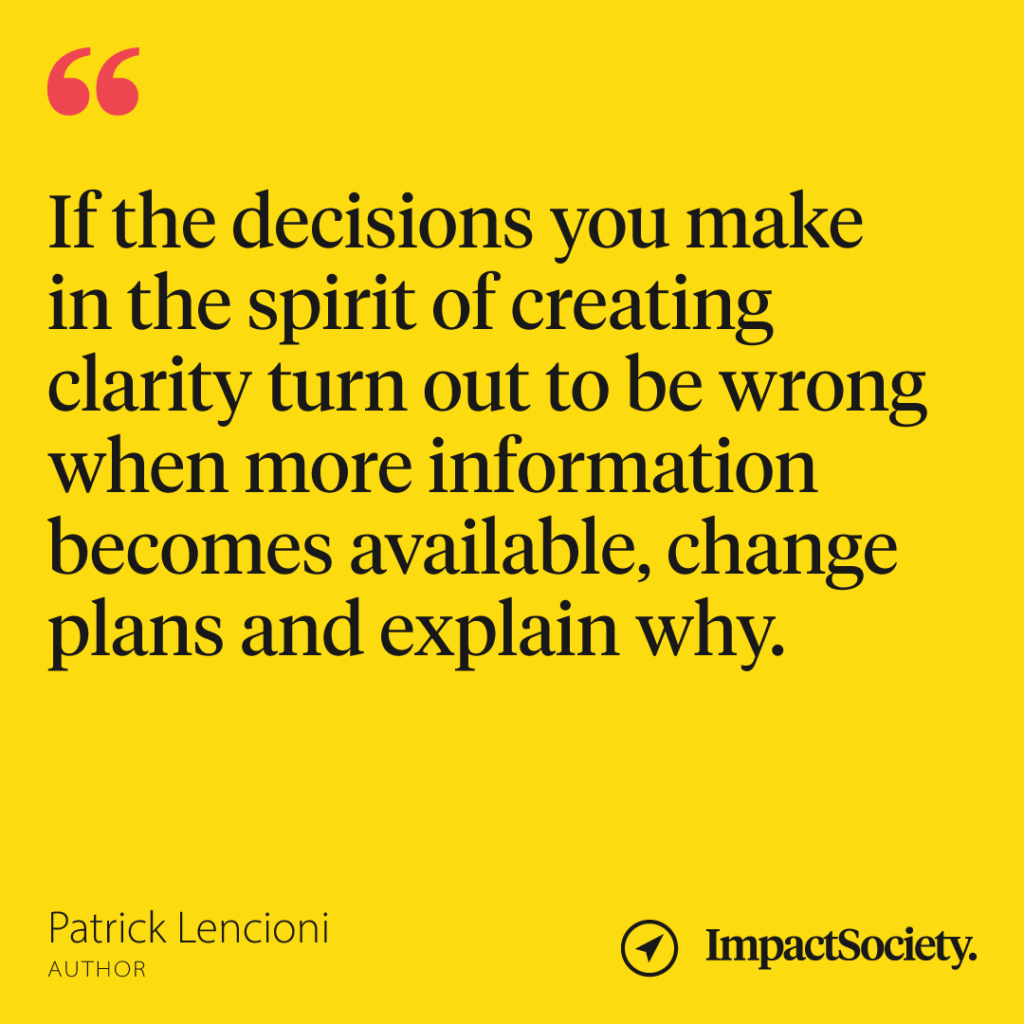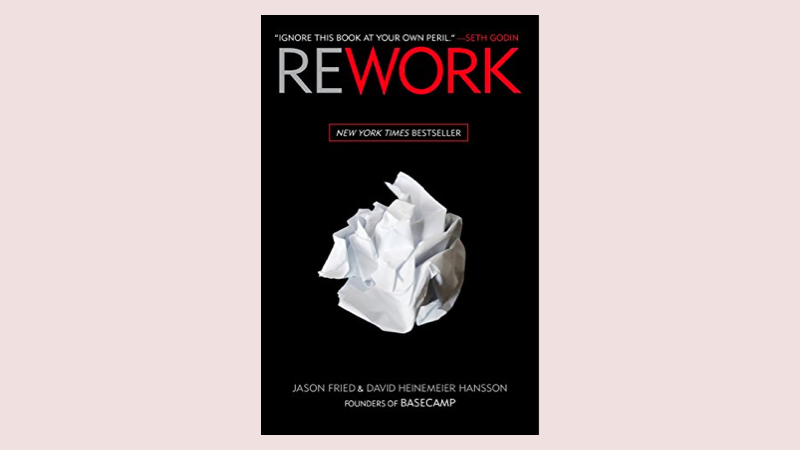I make this error all the time (most of us do). You’ll probably recognise this scenario: you’re faced with a choice in (even slightly) unfamiliar territory. And getting it wrong feels like it will have some cost or pain (perhaps only minor).
What do we tend to do in these scenarios? Analysis. We look at the different options, break them down into pros, cons, costs, benefits etc to “help us decide”. And then we probably do some more analysis for good measure. We spend time searching for more precision and correctness, to find the so-called “right” answer.
What’s wrong with this approach?
First, there’s rarely such thing as the “right” answer. Perfect solutions usually don’t exist, and we’re often just comparing trade-offs between options. The certainty we’re chasing is a mirage.
Second, the time and effort spent analysing the options has a cost. And in many cases, the time we spend is huge overinvestment and waste of time. Spending too much time searching for the best flight or hotel is one thing. But when it comes to work, these impacts compound. The desire for certainty often leads to important action being postponed, and communications to our team that are vague and tentative. It’s no longer your own time being wasted, but the time and momentum of your team.
What can we do about it?
In short, we should aim for clarity instead of certainty. Clarity means having a bias for action, instead of always waiting for more information. When you’re working with others, clarity also involves clearly explaining the basis for our decision and actions.
How can we make this easier?
Fortunately, there’s a great solution to this problem that I’ve come across (h/t to Farnam Street). First ask yourself: is this decision consequential, and is it reversible?

For inconsequential decisions, make a snap decision and move on. Simple. Even better: delegate the decision if you can. For consequential decisions, it’s worth doing some analysis. But if the decision is also reversible? Set a hard limit on the time you’ll spend on it. Once the time is up: decide. If the decision is consequential and irreversible, take your time and spend the appropriate amount of time on it. But remember that a perfect solution likely does not exist.
Worried about what your team, boss or others will think if you have to change course? Don’t be.
Taking decisive action based on a sound approach should always be a relief. Even when you don’t get the outcome you want, you’ve done all you can. And if things don’t go your way, take Patrick Lencioni’s beautifully simple and practical advice below.

In my experience, people are forgiving when this happens. After all, you’ve made a rational decision with their precious time in mind.
Where to go next?
- Read our article on our favourite tips for creating clarity
- Download our free Team Alignment Canvas – a simple tool for organisations and teams to capture and communicate strategic clarity
- Check out our Strategic Planning Toolkit, which provides a practical step by step process for creating clarity within your organisation or team



